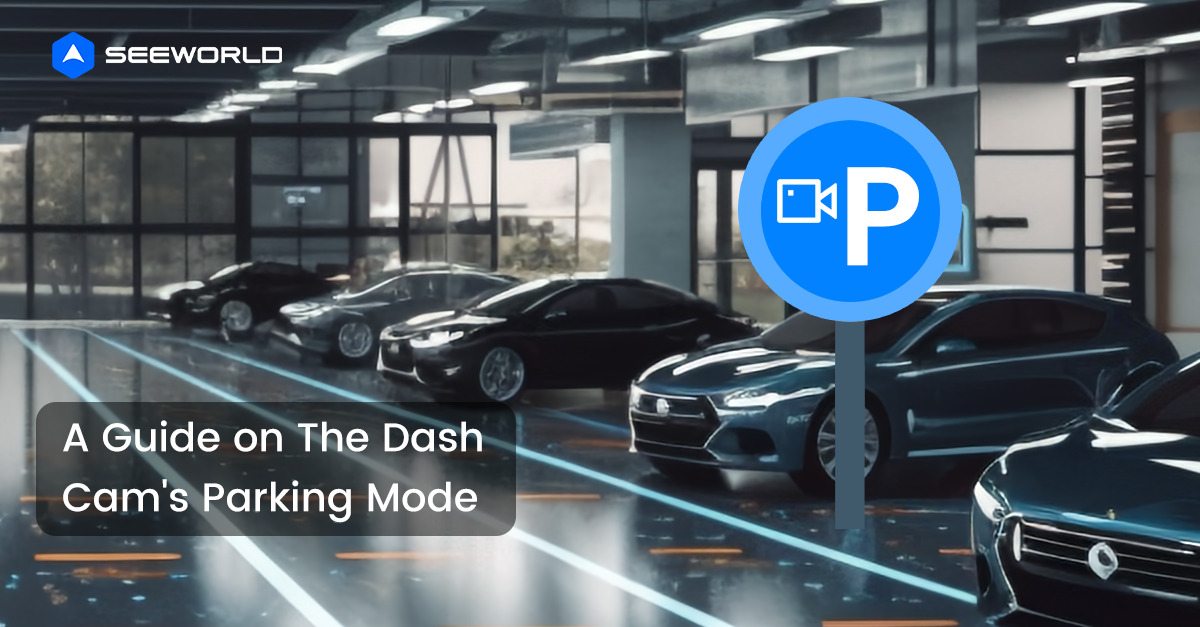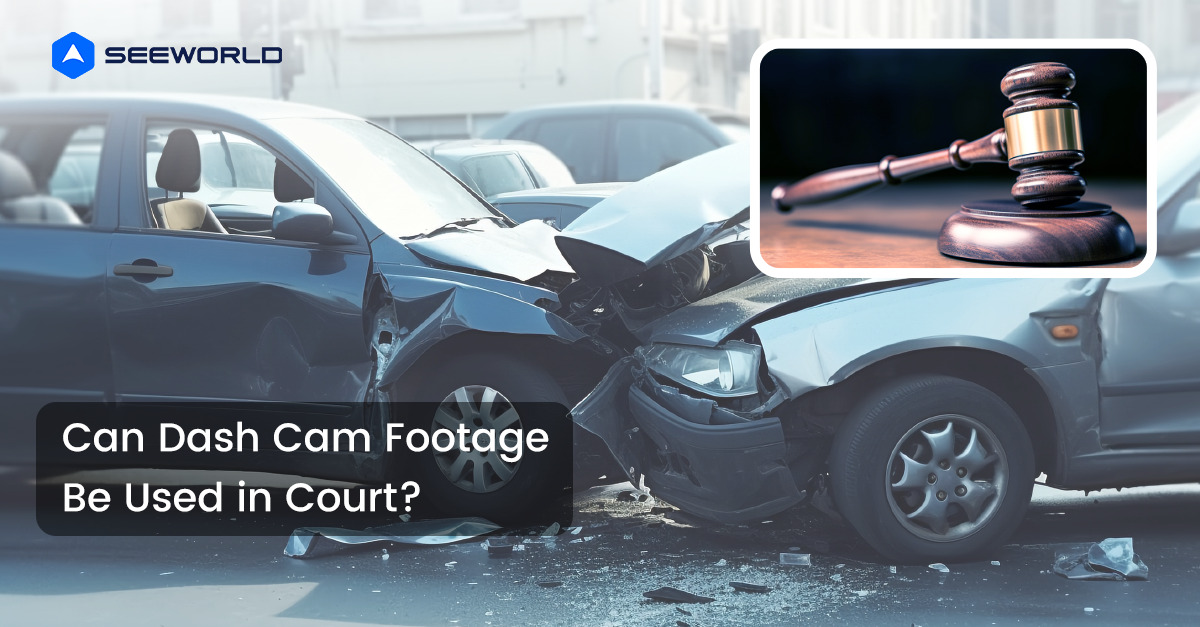One of the primary reasons why individuals and fleet managers are hesitant to put GPS trackers in their vehicles is the potential negative impact on the vehicle’s battery life. So you frequently hear them wonder, “Does car GPS drain the battery?” We will discuss more in this post.
Does a car GPS tracker drain your car battery? Contrary to common belief, a car GPS tracker does not drain the battery of your vehicle. However, most people think that if their car battery is rapidly depleting, it is unlikely that the car tracker is to blame.
The truth is that the GPS tracker should be the very last thing on your mind. Because most hidden GPS trackers have their own built-in battery, which they utilize when the car is turned off.
Even though the GPS tracker that does not have a battery (OBD GPS tracker) and relies solely on the car battery for power, it enters a “power conservation mode” when the car is shut off, reducing the demand for the car battery to a minimum.
4 Factors Affecting a Car’s Battery Life
You might be starting to wonder now. So, if it’s not my car GPS tracker that’s depleting my battery, what is? Here’re the four most common reasons that will affect the battery life of your car:
Leaving your lamps on
Make sure that all of your car’s lights are turned off before you turn them off. This may necessitate a personal examination of your vehicle. If your lights are turned on, especially the headlight, your battery may be drained to the point where you can’t crank the engine.
Battery terminals are corroded
Check the negative and positive connections of your battery terminals regularly. Ensure that they are not loosely connected, otherwise, shortly the terminals will corrode.
This problem has the potential to damage some of the car’s electronic components. So it must be avoided at all costs.
Alternator failure
Without getting too scientific, an alternator transforms the engine’s mechanical energy into electrical energy, which powers the vehicle’s light, fan, air conditioner, radio, and all other electrical/electronic components, as well as recharges the battery.
If your battery is quickly depleted and not being replaced, you should inspect the alternator.
Battery aging
There’s no getting around it now: this isn’t going to be easy. If your battery is aging, it will have trouble charging and will quickly run out of power. Just go out and get a new one.
Best Ways to Prevent Dead Batteries
- Disconnect the batteries – This will ensure that the electrical system does not consume battery power. Your personnel will have to reset the clocks and radios, which is the only drawback. Battery disconnect switches are another alternative that might be installed during a vehicle’s next routine maintenance.
- Start and operate the engines on a weekly basis – It’s in your company’s best interest to have your employees start and run fleet vehicles as frequently as possible, even when they’re not working. While simply starting the car is preferable to keeping it idle, moving the vehicle restores the battery’s level of charge significantly more effectively.
- Keep the batteries charged – Once you have enough workers, your crew can charge the batteries once a month. There’s also the option of utilizing a trickle charger, which is more efficient. That comes with a warning: Because some trickle chargers don’t have automated shutoff mechanisms, you can end up overcharging your batteries. Another issue you may have is finding outlets to plug them all in; however, utilizing solar trickle chargers, which give electricity without negatively impacting your utility cost, is a great solution.
- Set up a low battery Voltage alert – This is simple to do with the help of a reliable and adaptable GPS system. Many GPS trackers (like the Seeworld R11 GPS tracker) can notify management when batteries are running low. If a vehicle’s battery falls below a specified voltage for an extended period of time, GPS tracker users can get battery dead/disconnected warnings.
3 Battery Types for Car GPS Trackers
GPS automobile trackers require a large number of batteries. Thus we’ll limit our search to the three most commonly used.
- §Duracell. §Duracell is a brand of rechargeable batteries. This is a non-rechargeable alkaline battery with a 1600mAH power rating. It is easily replaceable and commonly accessible on the market.
- §Energizer. §Energizer is a word that has a lot of different meanings. Lithium ions make up the majority of the electrolyte cell. It has a capacity of 2500mAH. If you use this type, you can replace it at any store near you if it burns out. This battery, however, cannot be charged.
- §Lenmar. This battery is rechargeable (unlike Energizer and Duracell). It uses very little power from the automobile battery when the engine is running, with a power rating of around 1500mAH.
Final Words
GPS trackers are becoming more popular in the field of fleet management and are frequently used as the primary external security system, it’s understandable that Fleet Managers could suspect the GPS System as the reason for the battery depletion.
The reality is that any contemporary car that sits idle for a month or longer would likely experience battery loss, whether or not it’s equipped with a GPS tracker, because radios, clocks, alarms, and even GPS devices all consume tiny quantities of energy from the vehicle’s battery.
Even while a GPS tracker is likely to draw some current, a car without a GPS tracker will nonetheless have its battery depleted over time if no precautionary steps are taken.
As a result, Seeworld suggests the aforementioned solutions. You should take the most realistic and possible action for your cars.
It’s critical to devise a strategy for caring for your fleet that has been idle for a long time, especially because the COVID-19 epidemic isn’t going away anytime soon.
Taking a few steps to guarantee that battery drain does not halt your fleet when it is ready to go or when you need them is always a good idea.



